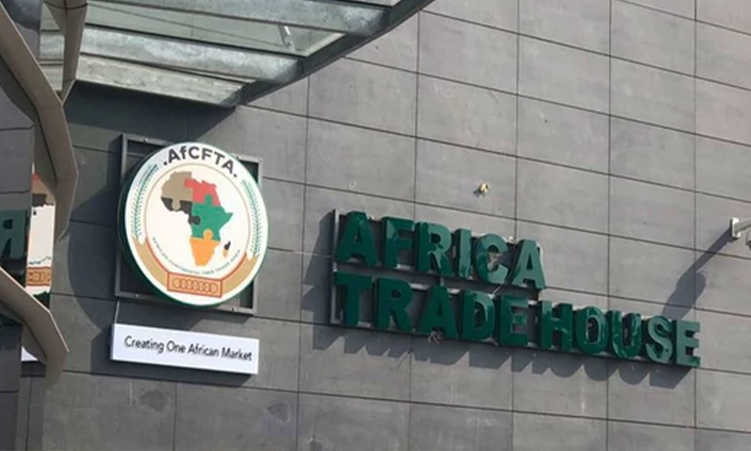The United States (US) government says the Africa Continental Free Trade Area (AfCFTA) agreement attracts US companies to invest, although analysts are cautioning against big companies taking advantage of the agreement, sidelining small businesses.
Judd Devermont, the special assistant to the US president, who was speaking at a press conference in Washington on Monday, said the reach of the AfCFTA agreement is attractive for US companies.
The agreement involves the world’s largest free trade area, bringing together the 55 African countries and eight regional economic communities.
The AfCFTA is a single continental market with a population of about 1,3 billion people and a combined gross domestic product (GDP) of approximately US$3,4 trillion.
“But as you remove tariffs, trade barriers and non-trade barriers as you create bigger and bigger markets, it gives our companies the ability to invest in multiple countries.
“If you invest in The Gambia, you’d probably also want to invest in Guinea-Bissau and Senegal. As the free trade area harmonises some of the regulations, it makes it easier for our companies to invest in multiple countries,” Devermont said.
US assistant secretary of state for African affairs Molly Phee said the US is eyeing the continent’s manufacturing of critical medical supplies and improving its agricultural activities.
“We are really excited to be engaging Africa’s creative industry in helping to develop your manufacturing base for critical supplies, let’s say in the medical field … excited to improve agricultural activities,” Phee said.
She said the more African countries are prepared to help each other, the easier it would be for external partners to help Africa.
“An overarching effort would be to help improve your digital environment, to help the literacy of folks in the digital sector, to help improve the safety and security of your transition system and to help ensure delivery so that everyone on the continent can have access,” she said.
Namibian trade economist Maria Lisa Immanuel yesterday warned that big companies could take advantage of these opportunities, and that this should rather be done by homegrown pan-African companies.
“The West still has much of the money, by the way, in Africa’s investment deficit. This requires achieving all goals at continental level.”
Immanuel said the US is playing a bigger role in the West, and also has its own interests at heart.
“I think the strength is at the micro, small and medium enterprises level. If we can try to open that up much more, we can see some of those opportunities,” she said.
The economist said Africa already has a productive trade relationship with the West.
“It is almost above 50%, but within Africa it is only around 17%,” Immanuel said.
Another economist, Omu Kakujaha-Matundu, wants Africa to start intra-African trade in earnest, so that its capacity to manufacture value-added consumer goods would increase.
“By doing so African countries will become wealthier and less dependent on the US. Plus, of course attracting more foreign direct investment (FDI), which would include the US.
“But one needs to be cognisant that attracting FDI could crowd out local companies and entrepreneurs, making industrialised countries the real beneficiaries of the AfCFTA project. Strict rules of origin and other regulations are needed, should Africans be the real beneficiaries,” he said.
Kakujaha-Matundu said Africa would not depend on raw exports and import finished goods from industrialised countries.
“Plus, politically, African countries won’t be dictated to by the school principals, who are the leaders of industrialised nations,” she said.
In March 2018, 44 out of 55 African Union (AU) member states signed the treaty establishing the AfCFTA. By May 2019, 24 member states had ratified the trade agreement.
During a recent lecture Bank of Namibia deputy governor Ebson Uanguta, paid close attention to the intrinsic benefits associated with regional integration for Namibia.
“Namibia can derive great benefits from the utilisation of regional and continental economic platforms, because by creating a single continental market for goods and services, it eliminates or reduces tariff and non-tariff barriers among the 55 African countries,” he said.
He said the free trade agreement provides Namibia with access to a bigger market of approximately 1,2 billion people.
“This is a vast opportunity for our private sector to thrive, increase domestic economic activity, create quality jobs, as well as reduce poverty and inequality among our people.
“Accordingly, playing in a larger market introduces competition for local enterprises and requires our public service to be competitive,” he said.
Stay informed with The Namibian – your source for credible journalism. Get in-depth reporting and opinions for
only N$85 a month. Invest in journalism, invest in democracy –
Subscribe Now!






